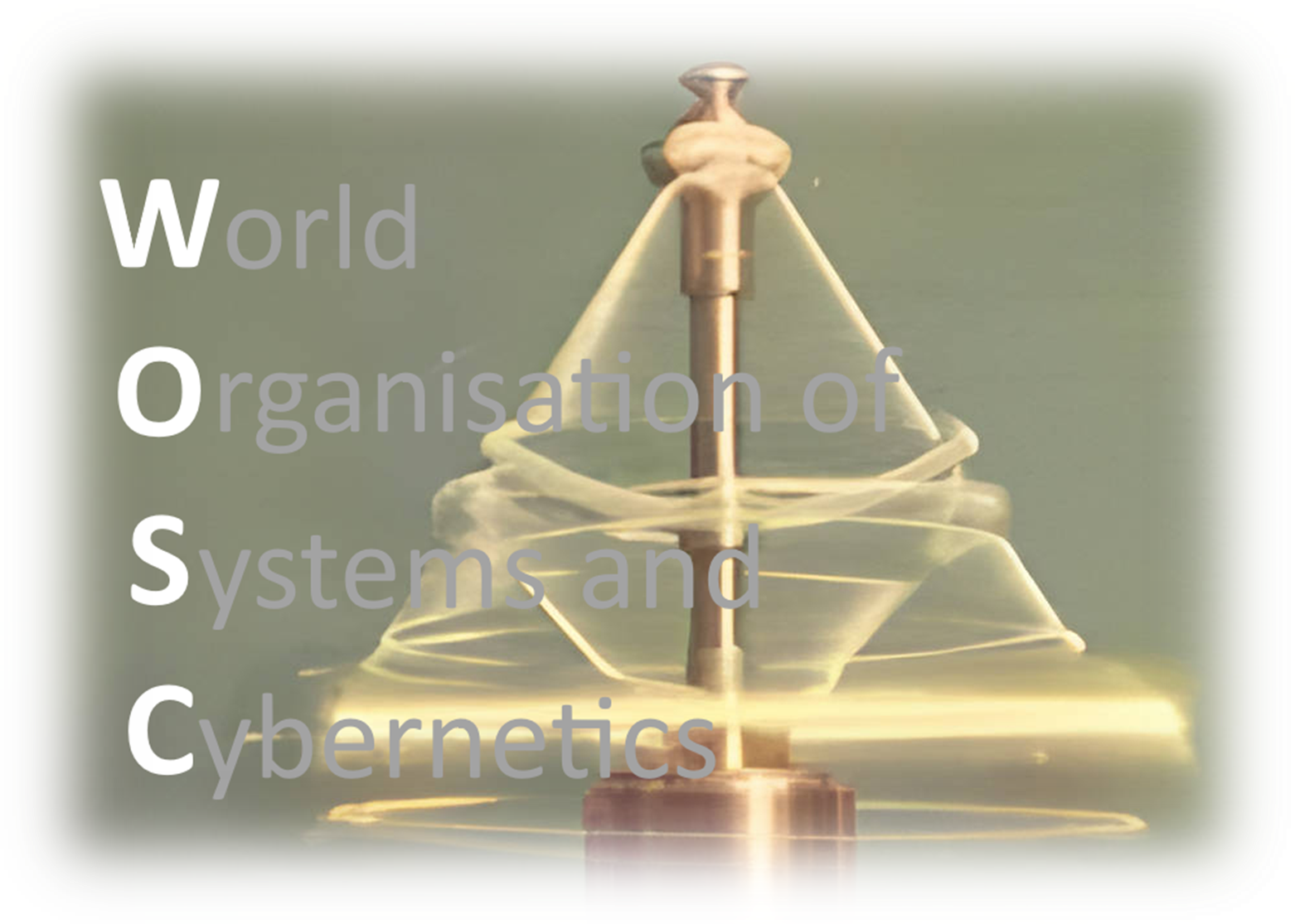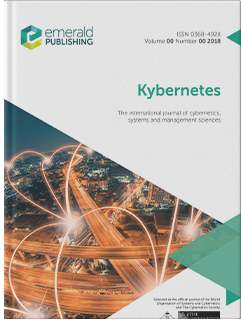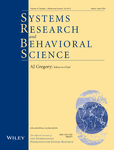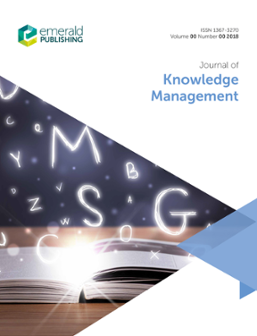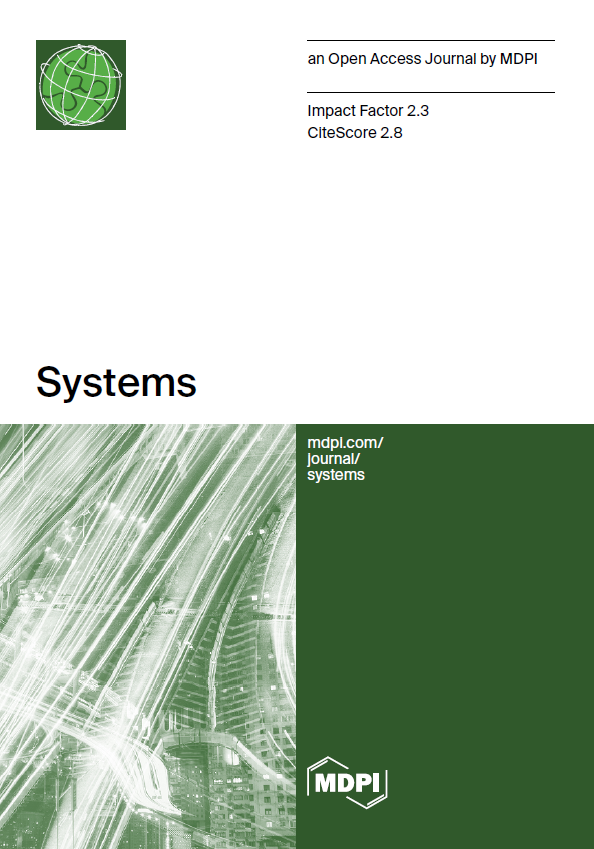The Congress is finished, but materials will be published soon on Youtube
Shaping collaborative ecosystems for tomorrow
The complexity of interactions and relationships in our world have consistently surpassed our ability to fully comprehend and govern. The presence of intelligent tools, both in the digital and physical realms, is progressively enhancing our capacities to act on personal, organizational, national, and international levels, leading to both intended and unintended consequences. Collectively, these changes are reshaping our primary habitat—the planet Earth—at a speed and scale that necessitate earnest consideration. In the midst of uncertainty, the development and utilization of these new capabilities would greatly benefit from CyberSystemic approaches and methods of learning. This advancement is crucial for fostering a sustainable understanding and taking actions to avert major threats to our civilization.
Therefore, Congress's submissions are encouraged but not constrained by the following themes:
1 Enhancing Active Citizenship and democratic processes
1.1 Enabling Active Citizenship
1.2 Enhancing democratic processes
2.1 Systemic Governance and Management
2.2 Exploring the nexus of ecology, society, and economics in organizational governance
2.3 A Shift in paradigm: how the Viable System Model shapes collaborative, self-governing organisations and networks
3 Combining Physical, Digital, Natural, and Artificial worlds into CyberSystemic ontologies
3.1 AI in the environment of uncertainty
3.2 CyberSystemic examination of Interactions, relationships, and agents of change
4 Learning to develop new personal and organisational capabilities
4.1 Cybernetic and Systems Education: Past, Present and Future
Publications
Accepted abstracts will be published in the electronic WOSC 19th Congress 2024 book of abstracts (draft version).
After the congress closes, a selection of congress full papers will be published in a Book published by Emerald. Fully developed papers can be submitted for special issues in scientific journals indexed in Thomson JCR, Scopus, RISC, VAK, listed below. Submission of papers congress resulting from the WOSC congress will comply with the publishing standards of these publications.
Submissions to journals follow their individual editorial policies. Special issues of selected journals and papers are expected to be published during 2024-26.
Keynotes
Last WOSC’s congresses have focused their debates on organisational systems, interactions, technology, and communications (WOSC 2014, WOSC 2017, WOSC 2020/2021). One of the themes of WOSC 2014 was the Cybersyn project in Chile 1971-73. The year 2023 has helped to rethink that work for the Chilean government in the light of the conceptual and technological developments that the CyberSystemic community has produced and experienced for the past fifty years. In WOSC 2024 we want to proceed with these developments into the future of society and its ecosystem. We think that the ideas of organisational cybernetics as proposed by Stafford Beer in the early 1970s are increasingly relevant today, and no better place than one of WOSC’s congresses, of which he was for many years its president. They should help shape collaborative ecosystems for tomorrow.
Most significantly his Viable System Model (Beer, 1981), at the core of the Cybersyn Project, offers a powerful entrance to the discussion of interactions of all kinds, from those within organisations to those connecting people in all avenues of life with nature and societies. One of the avenues to develop organisational capabilities is working out environmental constraints, which following Ashby’s work (Ashby, 1964) leads to elaborating variety management for social development and adaptation. Fundamental to these developments is the management of complexity and in particular the complementarity between social cohesion and the autonomy of embedded social units; this is the unfolding of complexity through structural recursion.
The complexity of interactions in our world is beyond our ability to understand and govern. Interactions shape our identity and consciousness and determine our capabilities for surviving and adapting. They shape our governance systems and practices. Digital and physical concepts and tools are increasing our capacities to act locally and globally to relate among ourselves and with nature, triggering emergent intended and unintended consequences. These, in sum, are changing not only human interactions but ultimately also, our primary habitat, the planet Earth and demand serious consideration. We propose that the development of new capabilities, in an environment full of uncertainty, would greatly benefit from CyberSystemic approaches and advance sustainability to avert major threats to our civilization.
The WOSC 2024 Congress, through the collaboration of the World Organisation of Systems and Cybernetics (WOSC) with other systemic and cybernetic organisations such as the United Kingdom Systems Society (UKSS) and the UK Cybernetic Society, provides a platform to support interactions that support the construction of new meaning. It is a venue to open discussions on how CyberSystemics embraces modern technology, avoids shortcomings of the past, and activates Citizens, to rethink Organisations, to form smart societies, and to co-design democracy with the goal of co-creating viable relationships within Planet Earth.
WOSC 19th Congress extends an invitation to participants to delve into narratives that elucidate interactions of subjects following their leaders, consumers entangled by the industry, and active citizens, grounding their exploration in the conceptual frameworks of the Viable System Model (VSM) and Ashby's contributions to strategies for managing variety.
Historically, a predominant approach in organizational contexts has involved hierarchical variety management. This hierarchical strategy operates under the premise that individuals within organizations function as subjects obedient to the directives and values set forth by superiors—company managers and administrators. Implicitly or explicitly, this approach perceives social systems as black boxes converting environmental inputs into potentially high-performance outputs through technological means.
Over time, however, a paradigm shift has occurred, gravitating toward a consumer-driven perspective. This shift emphasizes interactions shaped by negotiations among participants, often reflecting power dynamics between those controlling offerings and those purchasing services and products. Such interactions are increasingly influenced by market forces and are entwined with capitalist systems of production.
The Congress encourages participants to adopt a CyberSystemic approach, moving beyond perceiving individuals merely as subjects or consumers to recognizing them as citizens. This shift implies an active role in constructing organizations and social policies as conversational networks wherein individuals collectively contribute to the formulation of purposes and products. This participatory model prioritizes addressing variety imbalances in interactions, fostering correction over unilateral imposition of views or the dominance of power dynamics. Citizens' narratives, within this framework, are characterized by participation, collaboration, trust, and respect. The Congress seeks contributions that illuminate and exemplify these perspectives on citizenship in organizational and social contexts. The WOSC 19th Congress seeks contributions that delve into these evolving interactional dynamics, specifically from the vantage point of developing variety management strategies among collaborators navigating pertinent environmental conditions.
We invite participants to this congress to use combinations of CyberSystemic research methodologies to better understand relationships that help to elaborate citizens’ stories. The VSM alone may need further developments possibly into Enterprise Complexity Models as proposed by Espejo (Espejo 2022).
Examining interactions proves challenging, leading us to scrutinize structures, system properties and relations beyond actual interactions themselves. To address this, we invite the Congress participants to discuss the general concept of interactions as a catalyst for interdisciplinary communication, which applies to all systems: social, organisational, biological, chemical quantum, and mathematical, to name a few. Thereby, a challenge to systems thinkers and cyberneticians is to enhance methods to, conceptualize interactions and relations with implications for research. If done right, we may help co-design a new transdisciplinary bridge allowing for a better understanding of the world we live in.
Related to this abstract the WOSC ‘s scientific board believe that there are four topics for further elaboration, possibly offering directions to elaborate subject, consumer, and citizen stories.
Sharing knowledge between these topics will help us form a more holistic understanding of our World and hopefully enable us to develop intelligent methods and policy frameworks to observe, understand and co-develop our World and ourselves.
The Congress intends to form heterogeneous teams of people and organisations, combining the new intelligent toolsets with existing CyberSystemic knowledge to propose how to better coordinate humanity, technology and the environment. We aim to produce video materials, papers, and project proposals to inspire people, organisations, and policymakers to join in the effort.
WOSC 19th Congress 2024 Programme board.
References
Ashby, R. (1964). An introduction to cybernetics. London: Methuen & Co Ltd.
Beer, S. (1981). The brain of the firm, 2nd Edition. Chichester: Wiley.
Espejo, R. (2020). The Enterprise Complexity Model: An Extension of the Viable System Model for Emerging Organizational Forms. Syst Res Behav Sci, pp 1:17
